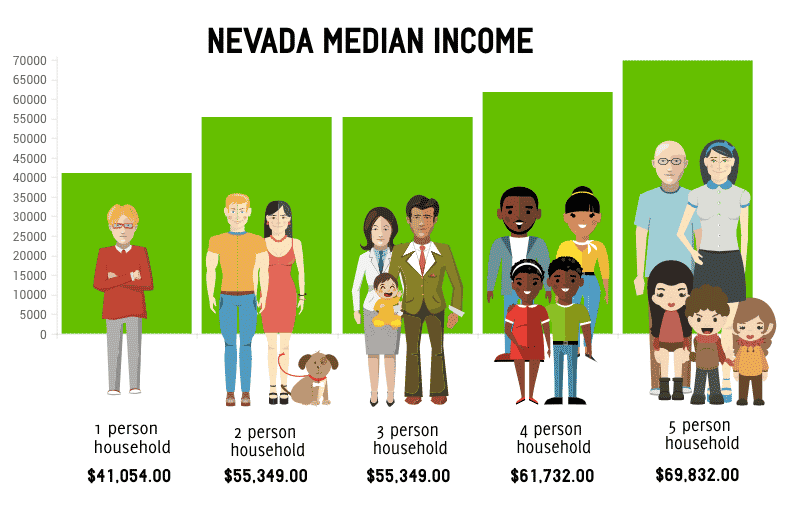
Pennsylvania Bankruptcy Attorneys help families file for BK in PA.
In Pennsylvania, there are two ways to qualify for a Chapter 7 bankruptcy. The first is by making less than the state median income based on how many family members you have. Only spouses and minor children will be included as your family members. The median income in Pennsylvania starts at $57,919 for a single filer with no dependents. It increases to $71,448 for an additional family member, $88,293 for a third, and so on.
Subsequent Bankruptcy Filings
Another thing that can disqualify you from filing for bankruptcy besides your income is if you have already filed before. There are waiting periods between filing that depend on which chapter you previously filed and which chapter you wish to file. You will need to wait 8 years after the filing date of your first Chapter 7 bankruptcy before you are eligible to file again.
Except in rare (usually Chapter 13) cases, the goal of filing bankruptcy is to achieve discharge. When debts are discharged, you are no longer obligated to pay them. In a Chapter 7 bankruptcy, it is usually 3-6 months from the filing date until your debt is discharged. In Chapter 13, you will need to complete the final payment in your 3-5 year payment plan before you are eligible for discharge.
ANSWER:
There is no minimum amount required to file for bankruptcy. You should keep in mind that the filing fee for a Chapter 7 is $335, and for Chapter 13 is $310. The attorney’s fees will likely be much higher than the filing fee. Of course, each situation is different, but we recommend at least $10 thousand in dischargeable debts before filing.
ANSWER:
Yes. You will need to take one credit counseling course before your petition is filed, and another within 60 days of your 341 Meeting of Creditors. The credit counseling courses can be conducted online, and typically take 45-60 minutes. Be sure to take the course in advance of your filing appointment so you don’t struggle with technical issues.
ANSWER:
To file bankruptcy after a Chapter 7, you must wait 8 years for a Chapter 7 and 6 years after a Chapter 13. To file after a Chapter 13, you must wait 2 years after a Chapter 13 and 4 years after Chapter 7.
ANSWER:
As long as you don’t exceed the debt ceilings for bankruptcy, Chapter 13 should still be available to you. Otherwise, you can contact a debt settlement service. Make sure you use a reputable service if you use this route, as many of our clients discharge these firms’ debts in their bankruptcies after the debt settlement process fails.
ANSWER:
The success rate of Chapter 13 filers without an attorney is less than 1%. It is a bit higher for Chapter 7 filers, but you should always at least consult an attorney before filing bankruptcy. They will be able to determine which chapter you qualify for along with any other hurdles in your case. Our office offers consultations free of charge, so you can get advice risk-free.